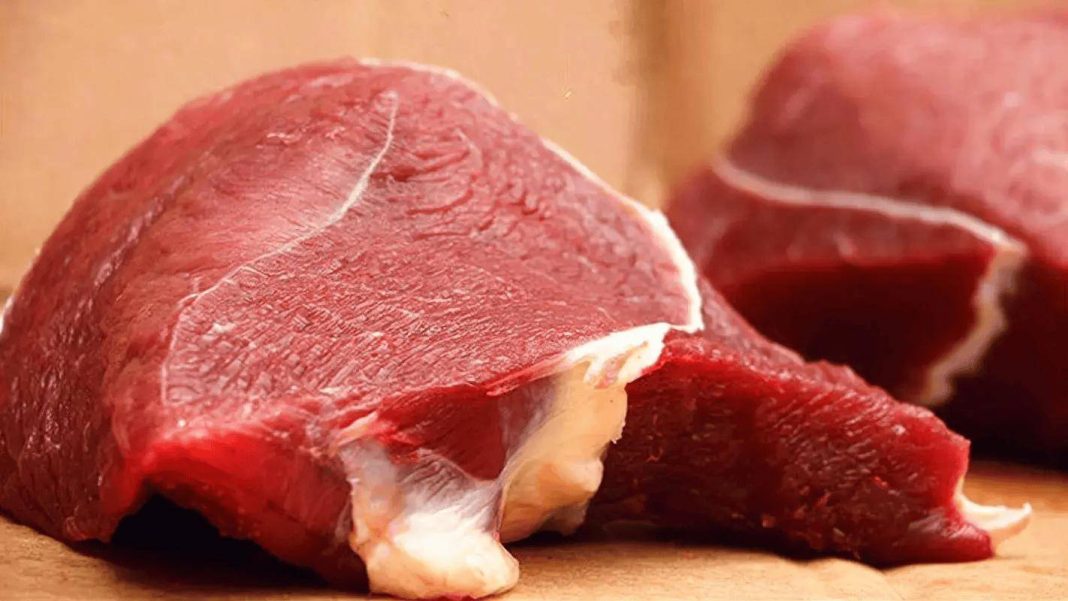Before reading this article, we invite you to click “Follow,” so it’s convenient for you to discuss and share more professional health knowledge, safeguarding your health, and thank you for your support.
In the industrial production and city service industries, many workers need to work night shifts for an extended period due to the nature of their work. Particularly for those who frequently consume high-purine foods like beef, the risk of hyperuricemia significantly increases.
Uric acid is actually the byproduct of our body breaking down purines, usually cleared from the body through the kidneys’ function. However, irregular lifestyle habits and a high-purine diet can lead to uric acid accumulation, triggering gout and other health issues.
Imagine a factory worker who works night shifts for a long time due to job requirements, working at night and resting during the day. This reverse biological clock not only affects his sleep quality but also results in his meal timing being opposite to that of normal people, often eating late at night.
At late night, his food choices are limited, often consuming high-purine foods like beef noodles or beef burgers, which are all high-purine foods. Over time, Mr. Zhang begins to feel occasional stabbing pains in his feet, especially the day after working at night.
After a medical examination revealed high blood uric acid levels, he is in the range of hyperuricemia. The doctor pointed out that the main causes of his elevated uric acid levels are long-term irregular routines and a high-purine diet. Besides gout, high uric acid levels may also increase the risk of heart disease, hypertension, and kidney disease.
The impact of long-term night shifts on the body is comprehensive and profound. It is not just the disruption of the biological clock but more importantly, the hyperuricemia caused by a high-purine diet poses a dual threat to health.
Therefore, for workers who need to work night shifts for an extended period, adjusting dietary habits, especially reducing the intake of high-purine foods, is one of the essential strategies for maintaining health.
For patients with hyperuricemia and gout, the high purine content in beef may exacerbate the condition, increasing the risk of elevated uric acid levels and exacerbating gout attacks. In this section, we will explore the specific effects of beef on patients with high uric acid and its scientific rationale, as well as how to adjust the diet appropriately to alleviate these effects.
We need to understand what purines are and why high-purine foods affect patients with high uric acid levels. Purines are natural organic compounds found in many foods, particularly in certain meats and seafood. As a result, uric acid crystallizes, accumulates in joints and soft tissues, and may eventually lead to gout, which can be quite a headache.
The purine content in beef is relatively high, posing a potential risk factor for patients needing to control blood uric acid levels.
For example, let’s assume a patient with hyperuricemia frequently consumes beef as a staple. Without proper control, this dietary habit may lead to sustained elevation in his blood uric acid level, thereby increasing the frequency and severity of gout attacks.
Acute gout attacks are really painful, causing not only severe pain but also possibly permanent damage to the joints. This situation is definitely not trivial and needs to be taken seriously.
For patients with hyperuricemia, doctors usually recommend a low-purine diet, moderate intake of high-purine foods like beef. A reasonable suggestion is to limit beef intake to once or twice a week, not exceeding 100 grams each time, while ensuring the diet includes a lot…


